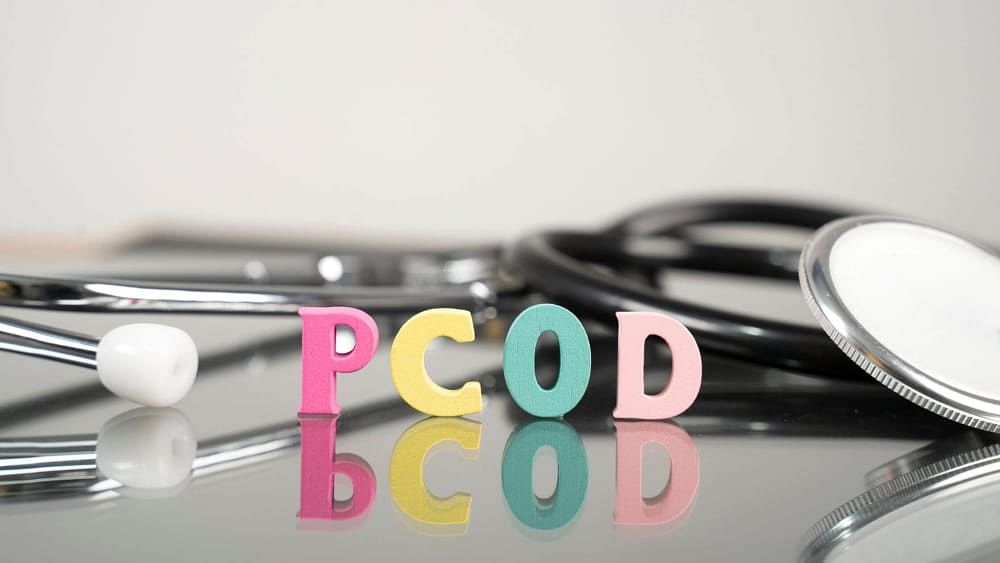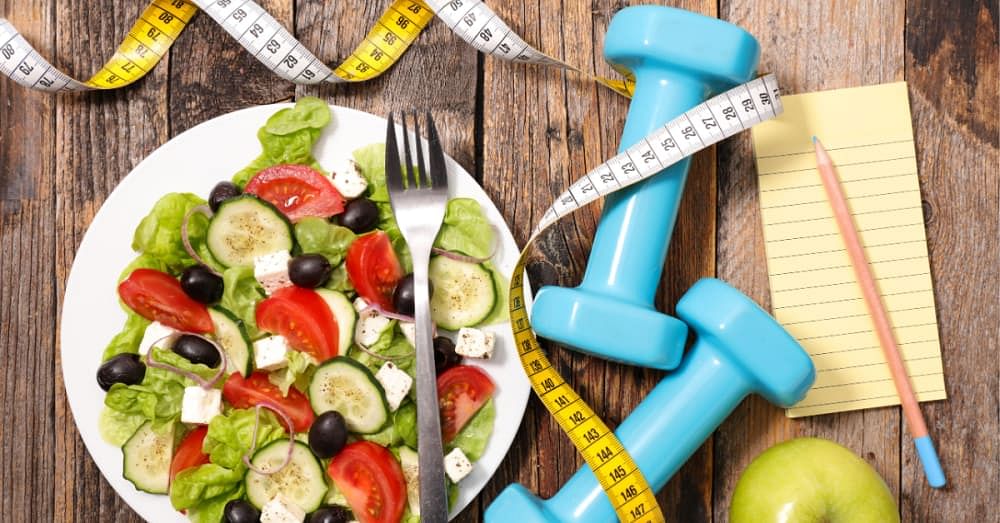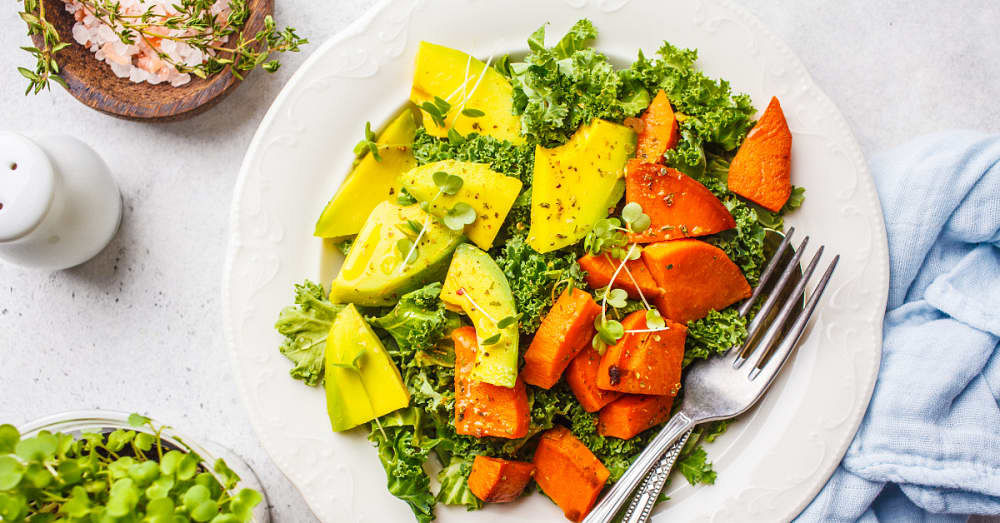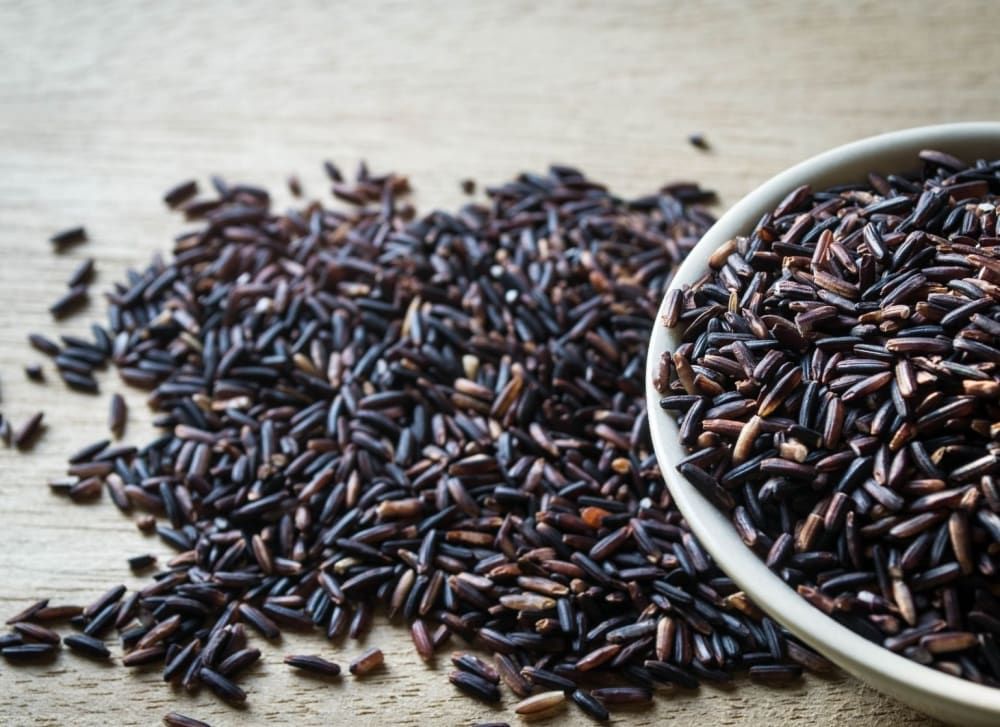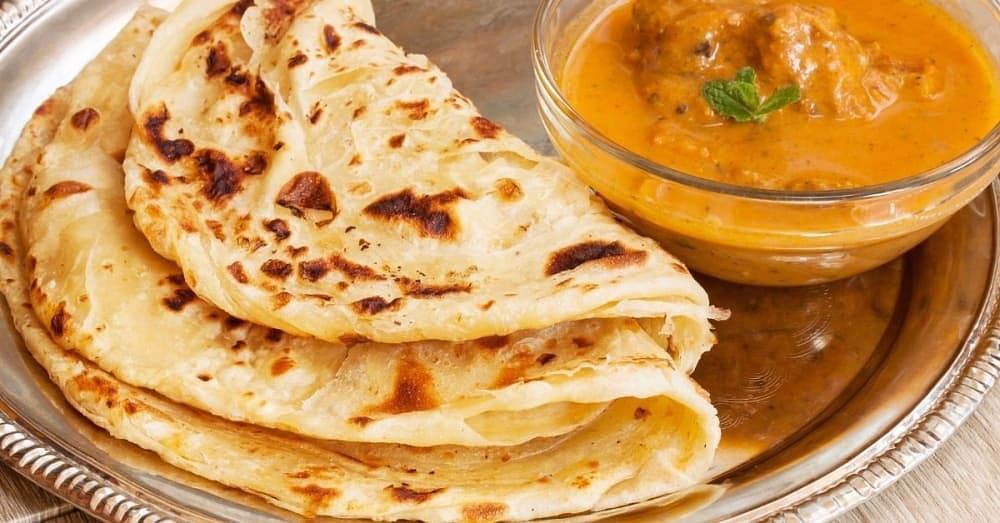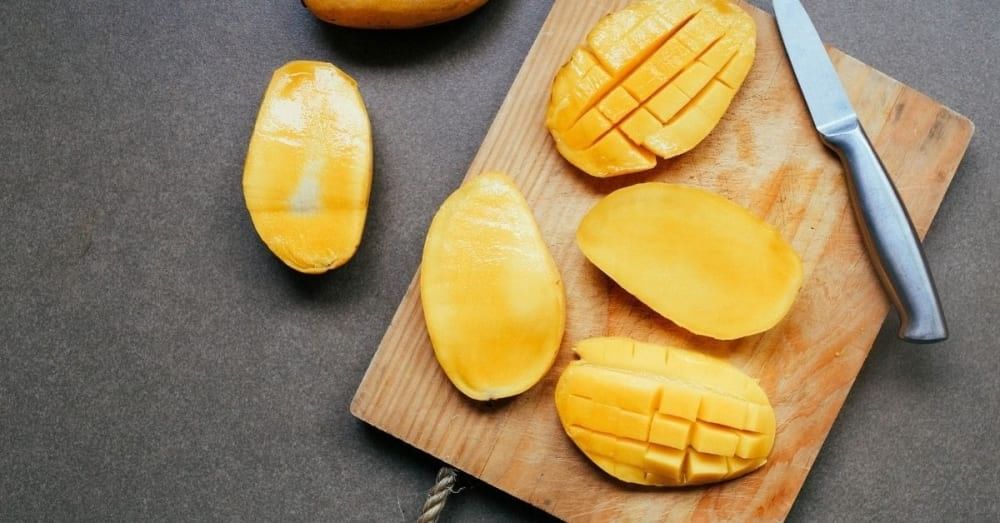What is PCOD?
Polycystic Ovarian Disease (PCOD) is a hormonal imbalance affecting 5% to 10% of women in the age group 12–45 years. PCOD gets its name because of enlarged ovaries, which contained many small cysts. The ovaries produce hormones called progesterone and estrogen, which regulate menstrual cycles. However, the ovaries produce yet another hormone, a male hormone called androgen, even in much smaller quantities. The principal features include no ovulation, irregular periods, acne. If not treated, it can cause insulin-resistant diabetes, obesity, and high cholesterol leading to heart disease.
How is PCOS different from PCOD?
Though PCOS & PCOD is related to Ovaries, PCOD is a condition in which the ovaries contain many immature or partially mature eggs. They, eventually, turn into cysts. Junk food, being overweight, stress, and hormonal disturbances give birth to this condition.
Common symptoms of PCOD are irregular periods, abdominal weight gain, infertility, and male pattern hair loss. The ovaries usually become enlarged in this problem and secrete large amounts of androgens that cause havoc with their fertility and body. Whereas PCOS, is a metabolic disorder that is more severe than PCOD. In this condition, the ovaries produce a higher quantity of the male hormone, leading to the formation of more than ten follicular cysts in the ovary every month. This stops the release of the egg leading to ovulation. Symptoms include hair loss, obesity, and infertility.
In general, PCOS is an endocrine System Disorder, whereas PCOD is the Hormonal imbalance that happens to the body. PCOD is more common. Almost a third of the women around the world suffer from PCOD.
PCOS has a lower number of patients. PCOS has serious complications. Women who suffer from PCOS are at risk of developing diabetes, high blood pressure, cardiac-vascular issues, obesity, and even endometrial cancer. Also, PCOS is visible early in life. Since their teenage years, girls who suffer from PCOS show symptoms of the disease. Acne, excessive hair growth, and weight gain are apparent from a younger age due to metabolic disturbances.
Also read: How to treat PCOS with Ayurveda?
Those with PCOD don't have significant fertility issues. With a bit of medical help, they conceive successfully. Women who suffer from PCOS, on the other hand, struggle with infertility. They even have higher rates of miscarriages. Those with PCOD can still ovulate regularly.
The women who have PCOD may have similar symptoms as PCOS, but they can ovulate periodically and thus, can conceive successfully. However, those with PCOS do not ovulate due to a severe hormonal imbalance that disturbs the process of ovulation. In both cases, i.e., PCOD vs. PCOS, losing weight, eating a healthy diet free of processed and junk food, and following regular exercise, the schedule has shown tremendous improvements. It is imperative to catch the disease as soon as possible to control the damage with proper lifestyle changes and medications. If you have irregular periods, acne, or excessive facial hair growth, you need to get yourself checked.
Polycystic Ovarian Disease does not lead to infertility in all women and shouldn't be considered an obstacle towards pregnancy. In about 80 percent of cases, women can conceive with a little aid and experience a smooth pregnancy.
For women with PCOS, conception can be a challenge due to hormonal irregularities. To conceive, one should have balanced hormonal cycles that can create an environment for the ovum to release and infuse with the sperm post-intercourse.
Since the levels of androgens in Polycystic Ovary Syndrome are very high, conception can become a bit of a challenge if one falls under the syndrome. Maintaining good health is essential to prevent and treat hormonal disturbances and conditions. The best treatment for PCOD & PCOS will include timely diagnosis and the appropriate steps to help overcome the syndrome and make the journey towards conception a success.
One of the first problems that PCOD brings is the side effects of excess male hormones and high insulin production in a woman's body. And this very change will enable your body to signal you the symptoms like menstrual irregularities, fast weight gain, acne, and excess hair growth in unwanted areas, and some more.
Excess Hair Growth: more than seventy percent of women with PCOD have untoward hair growth on their face, back, belly, chest, and other body parts.
The cause of PCOD is still unknown. However, the association of PCOD with low-grade inflammation, excess insulin, production of male hormones in high quantities, and genetics can be found.
Top Nutrition Recommended Diet Tip for PCOD
Majority of women with PCOS at some point or the other struggle with weight gain. Moreover, losing weight becomes essential to lead a healthy lifestyle. Losing weight when one is suffering from PCOS reduces many other diseases. Shedding even ten percent of your body weight in PCOS can help your body regulate your menstrual cycle and help relieve some of its signs and symptoms.
Healthy weight loss can help you recover from insulin sensitivity, reduce the risk of heart disease, diabetes, and other various PCOS complications. Therefore, to start a healthy weight loss journey, visit the doctor first and check your weight and body mass index so that you can take a step further accordingly. Let's see, what are the few tips to maintain a healthy weight in PCOS.
Eating the right foods has been found to reverse insulin resistance and help combat chronic inflammation resulting in weight loss. Low carb and high-fat diets have helped many women with PCOS. Cutting back on carbohydrate consumption can reduce insulin load in your body, making it easier to lose weight.
Insulin resistance lies in the heart of PCOS. Hyperinsulinemia is seen in thirty percent of slim women and seventy-five percent of obese women with PCOS. By eliminating all the refined carbs and sugars from your diet, it will help maintain a healthy weight. Regular blood and insulin checkups will also assist you in the right direction.
Exercising helps you lose weight but only in the right manner. If you assume that exercising for a long time or the whole day will help you lose a lot of weight quickly, you are wrong. Instead, exercising in a grueling manner increases cortisol levels and aids in insulin resistance. Over-exercising puts your body under stress, which can be detrimental to your weight loss goals.
Gut microbiome could be key to PCOS weight loss! Several studies support that probiotic supplementation among women with PCOS has shown favorable results in weight loss, insulin resistance markers, triglycerides, and VLDL-cholesterol concentrations. Imbalance in your gut microbiota contributes to insulin resistance and leptin resistance which critically reverse your weight-loss efforts.
Maintaining healthy body weight is significant for everyone, but it's more necessary for women with PCOS. Avoiding weight due to PCOS is often tricky, and losing it later can be a real challenge. But if you try to beat insulin resistance and balance your hormones by adopting eating habits, you can automatically tip on the weighing scales in your favour. So, incorporate these healthy weight loss tips in your day-to-day life to see how effectively they work.
Women with PCOD need to avoid or limit many foods as these may raise their blood sugar levels and aggravate symptoms of their conditions. Foods to avoid for women with PCOD include red meat, starchy vegetables, sugary foods, fried foods, processed and refined grains, vegetable oils, fruit juices, dairy, alcohol, and caffeine.
The nutrition you get from the food you include in your PCOS diet can be affected by how you choose to prepare it. Some produce is most nutritious when purchased fresh and eaten raw. Others benefit from a little steaming or boiling. Some cooking methods can make food less nutritious and make it unsuitable for a PCOS diet. For example, eggs can be the basis for a protein-packed breakfast, but not if they're fried with butter. Instead, try poaching eggs and pairing them with whole-grain toast and a piece of fruit, instead of bacon or sausage, for a PCOS diet-friendly breakfast. If you're trying to lose weight, you may find it helpful to use low-fat and low-carb swaps for meals, such as spiralized veggie "noodles" instead of pasta.
Losing weight with PCOD can be challenging; however, when the right diet and lifestyle are incorporated at a calorie deficit, you can achieve your desired weight goals.
The following are some of the best foods for PCOD that can be included:
· High-fibre vegetables such as broccoli, mustard greens, spinach, sweet potato, green beans, cauliflower, snake gourd, and carrots should be included in the Indian diet during PCOD.
Vegetables high in fiber will help maintain blood sugar levels and reverse insulin resistance by slowing down digestion in the body and decreasing the pancreas' workload.
The diet for PCOD patients should potentially include at least 25 grams of fiber daily.
· Fruits such as mangoes, bananas, plantain, apples, berries, guava, pineapple, papaya, melon, pomegranate, and guava are recommended as part of a PCOD diet plan. Fruits can help satisfy sweet cravings, are highly nutritious, and rich in fiber. Being on a fruit diet alone or overeating fruit at once, however, is not a recommended option for the PCOD diet plan. These fruits for PCOD, although rich in vitamins, minerals, fiber, and antioxidants, also contain varying amounts of carbohydrates that can cause blood sugar to spike. Hence, it is generally recommended that the diet chart for PCOS patients include only a small serving or a piece of fruit between their meals. Fruits eaten along with the skin are also recommended over fruits eaten without the skin, as they have a lower glycaemic index (GI). A lower GI will ensure that food is digested more slowly and there is a slower rise in the blood glucose levels.
· Pulses such as split peas, green moong, yellow moong, dried beans, chana dal, lentils, soybeans and chickpeas are a great addition to the Indian vegetarian diet plan for PCOS. Pulses are also low glycemic food and, therefore, beneficial for regulating insulin levels.
· Whole grains like whole wheat, brown rice, buckwheat, quinoa, oats, poha, muesli and barley are a great PCOS foods. Whole grains are rich in fibre and unprocessed carbs. They also take longer to digest and can, thereby, help in controlling blood sugar levels.
· An Indian diet for PCOD must consitute of a substantial amount of lean protein. Protein stimulates metabolism and digestion and plays a key role in synthesizing hormones such as testosterone, estrogen, and insulin. Thus, including lean protein is beneficial for managing symptoms of PCOS.
Lean protein sources may include egg whites, lean poultry such as skinless chicken, fish such as shrimp, salmon, tuna and cod, skimmed milk, curd and tofu. However, dairy intake from milk and yogurt should be limited to fewer than two servings per day.
· Nuts and seeds such as almonds, hazelnuts, flaxseeds, pine nuts, and sesame seeds are a great source of healthy fats and are recommended to cure PCOD. Women are advised to include a handful of nuts and seeds (not more than 20 grams) in their daily PCOS Indian diet plan.
· Indian spices and herbs such as fenugreek, cinnamon, turmeric, mint, tulsi, basil, ginger and cloves are all helpful in regulating insulin levels and fighting various symptoms of PCOD in women. Therefore, women with PCOD are advised to flavour their diet with these antioxidant herbs and spices. Traditional Indian food is rich in wholesome grains, lentils, immune-boosting ingredients and healing spices and herbs. However, Indian food has also evolved to include unhealthy, and nutrient-devoid ingredients such as refined and processed flours saturated fats and sugars as well. Many of these foods can make PCOS worse and hence the food that should be avoided for PCOD are :
· Consumption of starchy vegetables such as sweet potato, yam, peas, corn, taro and squash should be limited in your PCOD diet plan. Starchy vegetables are rich in carbohydrates and can quickly raise a person's blood sugar levels, causing an imbalance in hormones.
· Fruit juices, canned fruit and processed fruit concentrates should be eliminated from the PCOD diet chart as they are likely to contain high doses of added sugar. The Indian diet for PCOD should ideally contain fresh or frozen fruit as they possess more beneficial fibers and nutrients.
· Vegetable oils are highly processed and can be inflammatory for women with PCOD due to their high ratio of omega-6 fatty acids. They are also linked to obesity, cancer, diabetes, and heart disease. Therefore, in the diet plan for PCOD, healthier alternatives such as coconut oil, ghee, olive oil, or avocado oil should be included.
· India has various decadent desserts such as gulab jamun, kulfi, gajar ka halwa, cakes, cookies, and Kheer. Most of these desserts are a high-calorie affair and are loaded with large amounts of sugar that can adversely impact PCOD in women.
· Fried foods such as pakoras, samosas, and fritters are high in saturated and hydrogenated fats. These unhealthy fats can increase estrogen production and are not preferred in the diet chart for PCOS patients.
· Refined and processed carbs and foods such as white bread, white rice, instant oatmeal, rice cakes, and white pasta are stripped of fiber and their original nutrient content and should be eliminated from the PCOD diet food chart.
· Women with PCOD should limit their consumption of red meats such as pork, beef, and mutton. These foods can aggravate existing hormonal problems as they are high in cholesterol and saturated fats. Also, processed meats are especially high in sodium and treated with preservatives and additives. These include sausages, bacon, ham, and salami, foods that should be excluded from the diet chart for PCOD.
· Alcohol and caffeine can be problematic for women with PCOS. While alcohol consumption increases liver disease risk, caffeine can promote anxiety and kick-in stress hormones, which can spike insulin levels.
· Dairy has a hormone called IGF-1 which can mimic insulin in the body, thereby causing blood sugar levels to spike and worsening symptoms of PCOS in women. Plus, regular dairy products might be laced with hormones or antibiotics that are commonly fed to animals. This can interfere with a woman's hormones and may make it increasingly difficult to manage symptoms of PCOS.
· Apart from a healthy diet, doctors often recommend making specific lifestyle changes to manage symptoms of PCOD. Physical activity and exercise are recommended lifestyle changes that are advised for women suffering from PCOD.
· As obesity and sedentary behaviour increase a woman's risk of developing and complicating PCOS symptoms, a diet plan for PCOS weight loss and exercise are some of the best ways to counteract the unhealthy consequences of this condition. Unfortunately, there is no permanent cure for PCOS. However, you can adopt several remedies for PCOS to drastically reduce its symptoms. So if you are wondering how to how to cure PCOS, here are some proven treatments you can follow:
· For women suffering from PCOS, maintaining a healthy weight is a priority for managing the condition. Regular exercise is, therefore, both effective and essential. Along with a sample Indian diet during PCOD, a regular exercise routine for PCOD can include brisk walking, cycling, jogging, or swimming. These activities help reduce insulin resistance, aid in weight loss, and help boost fertility and improve symptoms of depression and anxiety. It is recommended that women with PCOS do at least 30 minutes of moderate physical activity five days a week. Strength training exercises and core strength exercises are also advised at least two times a week to boost metabolism, build body mass, and alleviate lower back pain symptoms.
· Along with PCOS diet and exercise, yoga is a complementary practice that is increasingly helpful for promoting hormonal balance, managing, improving anxiety, and managing blood sugar.
· PCOS is a complex condition and can sometimes cause symptoms of anxiety and depression in women with the condition. Hormonal imbalances and frustrating symptoms such as excess body and facial hair, acne, obesity, and infertility can contribute to depression and anxiety. Therefore, women with PCOD are advised to keep a close check on their mental health. Practicing mindfulness, meditation, and breathing exercises are complementary and alternative therapies that can help fight depression and anxiety.
Conclusion:
Even though reproductive health specialists typically diagnose PCOS, other parts of the body are also significantly affected by the condition—including the mind. If you have PCOS, you will likely need to work with more than one kind of health professional to manage your symptoms from various angles. As far as your PCOS diet goes, give changes time to affect. Be patient with your body and continue to make adjustments to the way you eat as you tune into how it makes you feel.

